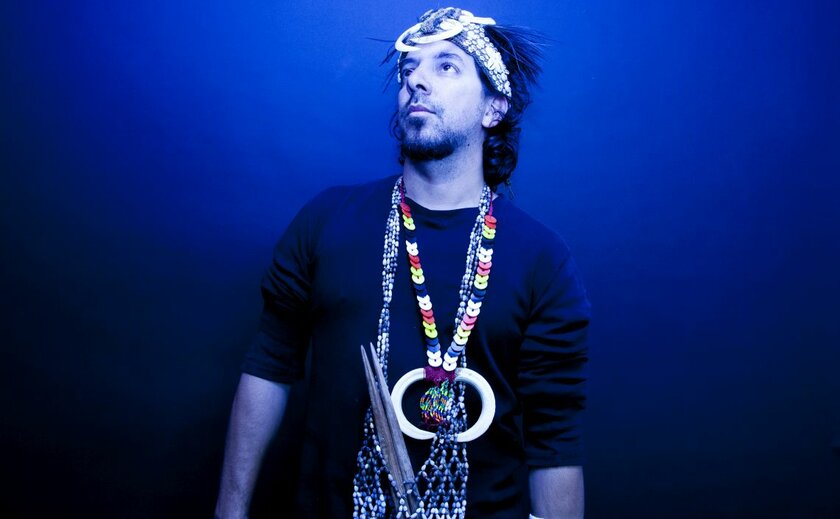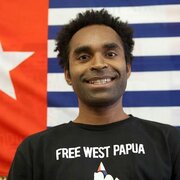- event type:WOMEX 19 Conference Session
- date:24 Oct 2019
- time:17:00 - 17:45
- city/area:Tampere
- venue:Conference Room 1, Sonaatti 1, Tampere Hall
- country:Finland
- event posted by:Piranha Arts
Links
Session 8
Chaired by Airileke Ingram (Papua New Guinea/Australia), Rize of the Morning Star
with Kelly R.M Kahukiwa (New Zealand), e Reo Ngaro o te Rakau - The Hidden Voices of Trees Project;
Ronny Kareni (Papua New Guinea/Australia), Rize of the Morning Star
From the highlands to the sea, the jungle to the city streets, music is the life force of Indigenous sovereignty. In PNG, the songs represent the most linguistically diverse people on Earth with over 850 languages. In West Papua, music expresses the cultural opposition to a brutal colonial rule. In Australia, the songlines represent the oldest living culture on Earth, that maintain tribal boundaries and Indigenous systems of governance. For others in Oceania, music represents the struggle to maintain a culture that may not survive another generation due to rising sea levels. This speaks to the functionality of music as more than entertainment and more than a commodity to trade. As the industrialised world faces the challenge of climate crisis, there remains an invitation from Indigenous people to restore Indigenous sovereignty and listen to what reconnects us to nature and each other.





